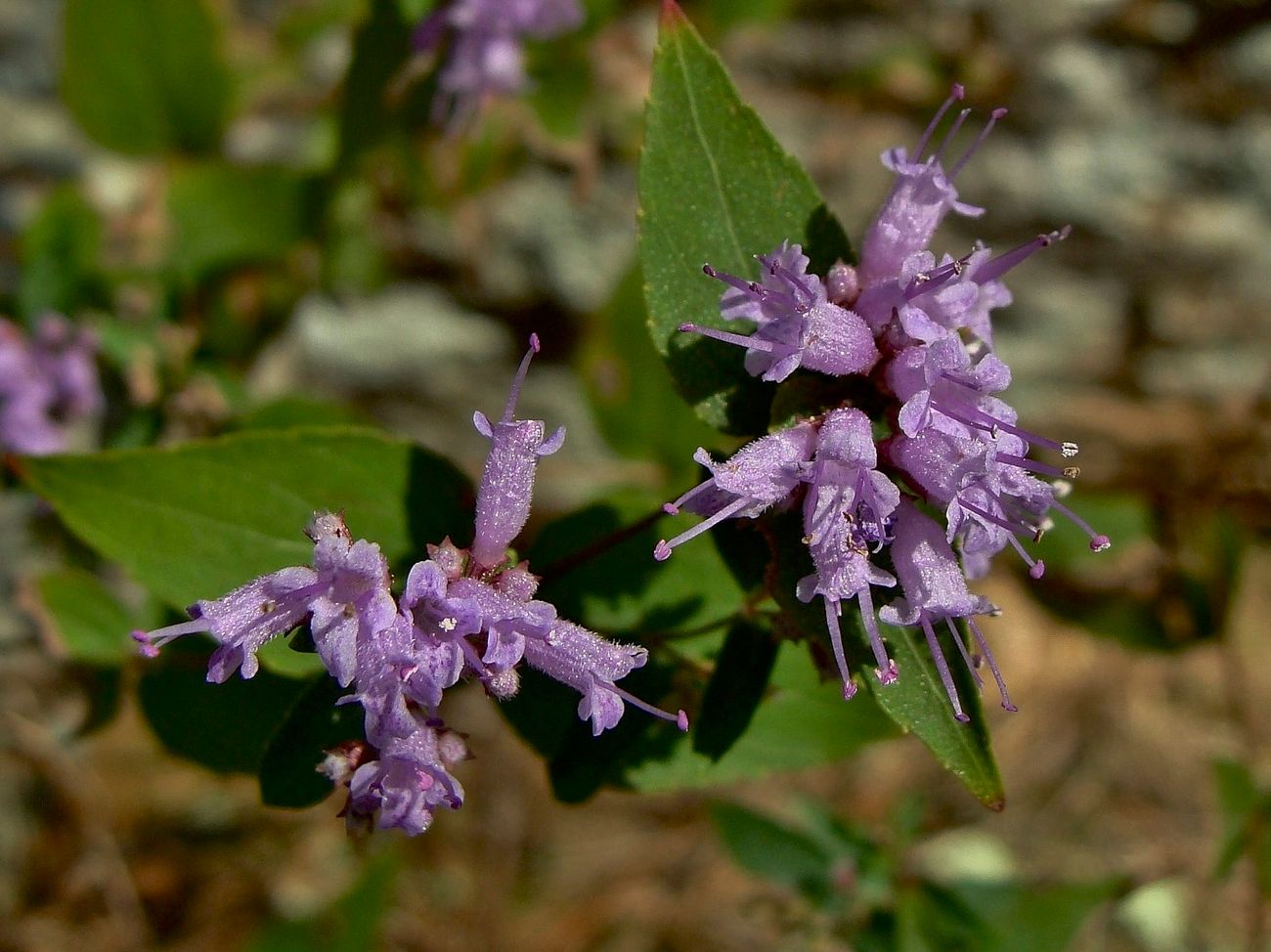
What is dittany? Dittany is a small, aromatic plant native to the Mediterranean region, particularly Crete. Known scientifically as Origanum dictamnus, this herb has been celebrated for centuries for its medicinal properties and culinary uses. Ancient Greeks believed it had healing powers, often using it to treat wounds and ailments. Today, it’s still prized for its unique flavor in cooking and its potential health benefits. Dittany thrives in rocky, mountainous areas, making it a rare and valuable herb. Whether you're a history buff, a cooking enthusiast, or someone interested in natural remedies, learning about dittany offers a fascinating glimpse into the world of ancient and modern herbalism.
What is Dittany?
Dittany, a plant with a rich history, has fascinated people for centuries. Known for its medicinal properties and mythical associations, this herb is native to the Mediterranean region, particularly Crete. Let's dive into some intriguing facts about this extraordinary plant.
-
Dittany of Crete is the most famous variety, scientifically known as Origanum dictamnus.
-
Ancient Greeks believed it had magical healing properties, often using it to treat wounds and ailments.
-
Hippocrates, the father of medicine, recommended dittany for stomach and digestive issues.
-
Aristotle mentioned dittany in his writings, claiming that wild goats would eat it to heal arrow wounds.
-
Mythology suggests that the plant was a gift from the goddess Artemis to help hunters and warriors.
-
Culinary Uses: In Crete, dittany is used as a spice in cooking, adding a unique flavor to dishes.
-
Essential Oils extracted from dittany are used in aromatherapy for their calming effects.
-
Antioxidant Properties: Studies show that dittany contains high levels of antioxidants, beneficial for health.
-
Anti-inflammatory: The plant has compounds that help reduce inflammation and pain.
-
Antimicrobial: Dittany has natural antimicrobial properties, making it useful in treating infections.
Historical Significance of Dittany
Dittany has played a significant role throughout history, from ancient civilizations to modern times. Its uses have evolved, but its importance remains.
-
Roman Soldiers carried dittany to treat battle wounds.
-
Medieval Europe: Monks cultivated dittany in monastery gardens for its medicinal benefits.
-
Witchcraft: In the Middle Ages, dittany was believed to ward off evil spirits and used in various rituals.
-
Shakespeare referenced dittany in his play "The Winter's Tale," highlighting its cultural significance.
-
Victorian Era: Dittany was a popular ingredient in herbal remedies and tinctures.
-
World War I: Soldiers used dittany to disinfect wounds and prevent infections.
-
Traditional Medicine: In Crete, it remains a staple in folk medicine for treating various ailments.
-
Symbol of Love: In ancient Crete, dittany was considered an aphrodisiac and symbol of love.
-
Perfume Industry: Dittany's aromatic qualities make it a valuable ingredient in perfumes.
-
Modern Research: Scientists continue to study dittany for its potential health benefits and medicinal uses.
Dittany in Modern Culture
Even today, dittany holds a special place in various aspects of culture, from literature to modern medicine.
-
Harry Potter: Dittany is mentioned in the Harry Potter series as a powerful healing herb.
-
Herbal Teas: Dittany is a popular ingredient in herbal teas, known for its soothing effects.
-
Cosmetics: Extracts from dittany are used in skincare products for their anti-aging properties.
-
Natural Remedies: Many people use dittany in homemade remedies for colds and flu.
-
Gardening: Dittany is grown in herb gardens for its beauty and medicinal value.
-
Cultural Festivals: In Crete, festivals celebrate the harvest of dittany, showcasing its importance.
-
Educational Programs: Schools and universities in Greece often include dittany in their botany curriculum.
-
Sustainable Harvesting: Efforts are being made to ensure the sustainable harvesting of wild dittany.
-
Health Supplements: Dittany is available in supplement form, marketed for its health benefits.
-
Alternative Medicine: Practitioners of alternative medicine often recommend dittany for its holistic benefits.
Fascinating Facts About Dittany
Here are some more captivating facts that highlight the unique characteristics and uses of dittany.
-
Endangered Status: Dittany of Crete is considered endangered due to overharvesting and habitat loss.
-
Bee Attraction: The plant attracts bees, making it important for pollination.
-
Rocky Habitats: Dittany thrives in rocky, mountainous regions, particularly in Crete.
-
Propagation: It can be propagated through seeds or cuttings, though it requires specific conditions to grow.
-
Unique Aroma: Dittany has a distinctive, pleasant aroma that makes it popular in herbal sachets.
-
Cultural Symbol: In Crete, dittany is a symbol of the island's natural beauty and heritage.
Dittany's Lasting Impression
Dittany isn't just another plant. Its medicinal properties have been valued for centuries, helping with everything from digestive issues to wound healing. Ancient Greeks even believed it had magical powers. Today, it’s still used in herbal remedies and essential oils.
Its unique habitat on the cliffs of Crete makes it a rare find, adding to its mystique. Conservation efforts are crucial to protect this endangered species. Whether you’re a history buff, a nature lover, or someone interested in natural medicine, dittany offers something intriguing.
Understanding its cultural significance and practical uses can deepen your appreciation for this remarkable herb. So next time you hear about dittany, you’ll know it’s more than just a plant—it’s a piece of history and a natural wonder.
Was this page helpful?
Our commitment to delivering trustworthy and engaging content is at the heart of what we do. Each fact on our site is contributed by real users like you, bringing a wealth of diverse insights and information. To ensure the highest standards of accuracy and reliability, our dedicated editors meticulously review each submission. This process guarantees that the facts we share are not only fascinating but also credible. Trust in our commitment to quality and authenticity as you explore and learn with us.
